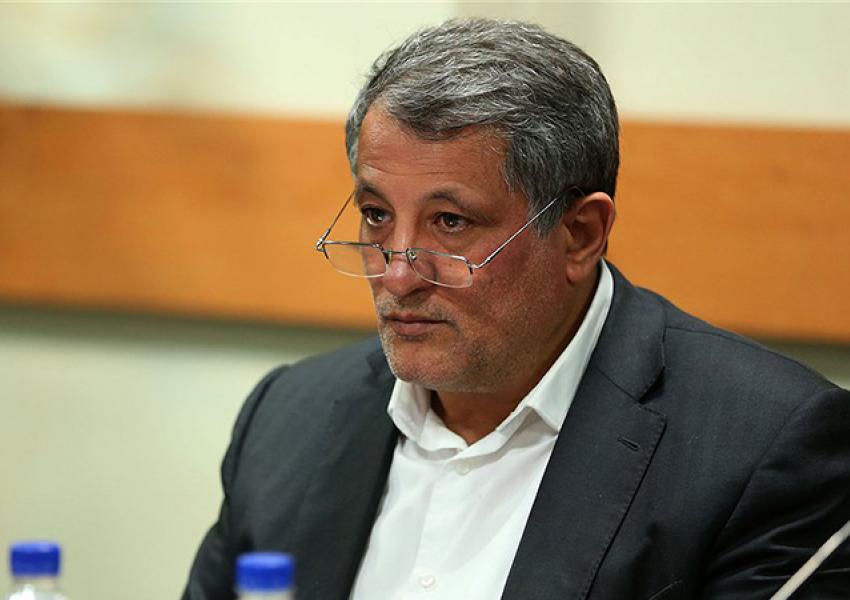
Tehran Metro Expansion Caught In Web Of Rifts And Grudges
The chairman of Tehran City Council Mohsen Hashemi has highlighted the council’s court case over the award of the contract for developing the city’s metro to Khatam ol-Anbia, construction arm of the Revolutionary Guards (IRGC).
“Now, we have to appear in court,” Hashemi noted, during remarks made September 9 during the opening of new sections of two subway lines, ironically in the presence of Saeed Mohammad, managing director of Khatam ol-Anbia. Hashemi did not explicitly say what was wrong with the awarding of the contract, which took place under Mohammad Bagher Ghalibaf, mayor from 2005 to 2017.
A leading conservative who is now parliamentary speaker, Ghalibaf commanded the IRGC air-force from 1997 to 2000. He was replaced as Tehran mayor in 2017 by the reformist Mohammad Ali Najafi, who was succeeded less than a year later by current incumbent and fellow reformist, Pirouz Hanachi, both of whom have made allegations of malpractice under Ghalibaf.
During the opening of the first phase of the current expansion of the Tehran metro in 2017, local media reported safety issues because of difficult geological characteristics and soil conditions, but the subway has long been dogged with controversy. In late June, the reformist newspaper Sharq said recent years have seen deteriorating public transport, despite the municipality being led by reformists.
Mohsen Hashemi, a former CEO of Tehran Metro, has been outspoken in criticizing the service, and in an interview with Ensaf News website has blamed both the municipality and the government of president Hassan Rouhani, who have locked in an escalating dispute since June.
This began when the municipality suggested Rouhani was developing land in affluent north Tehran for personal purposes, leading the president’s office to issue a vague denial suggesting the relevant plot was designated for offices.
Rouhani barred Hanachi from cabinet meetings, usually open to the capital’s mayor, leading Hanachi to bypass the government by writing directly on Wednesday September 9 to the Supreme Leader, Ali Khamenei, requesting funding for new public transport projects. Tehran Municipality alleges the government owes it large sums.
Hashemi has been closely associated with the subway since its initial years when his father Akbar Hashemi-Rafsanjani was president. He was ousted as head of Tehran Metro in 2006, shortly after Ghalibaf became mayor. He has only one year left in office as chairman of the city council and wants to see the subway project completed. But while Hashemi has never concealed an ambition of becoming mayor, council members have preferred to keep him as chairman, because if he leaves the council, next in line would be hardliner, according to 2017 election results.
Hashemi, who is also widely discussed in Iran as a contestant in the 2021 presidential elections, is known to be critical of the IRGC. Iran International Analyst Morad Veisi said in a tweet on Thursday, September 10: “The subway seems to be just an excuse. Hashemi's [former president Hashemi-Rafsanjani’s] children are still holding a grudge against the IRGC after their father was drowned in a swimming pool where only his IRGC bodyguards were around.”








